SRF 2016 4TH Quarter Newsletter
2016-4Q-Newsletter-Final-Docs-NOV23
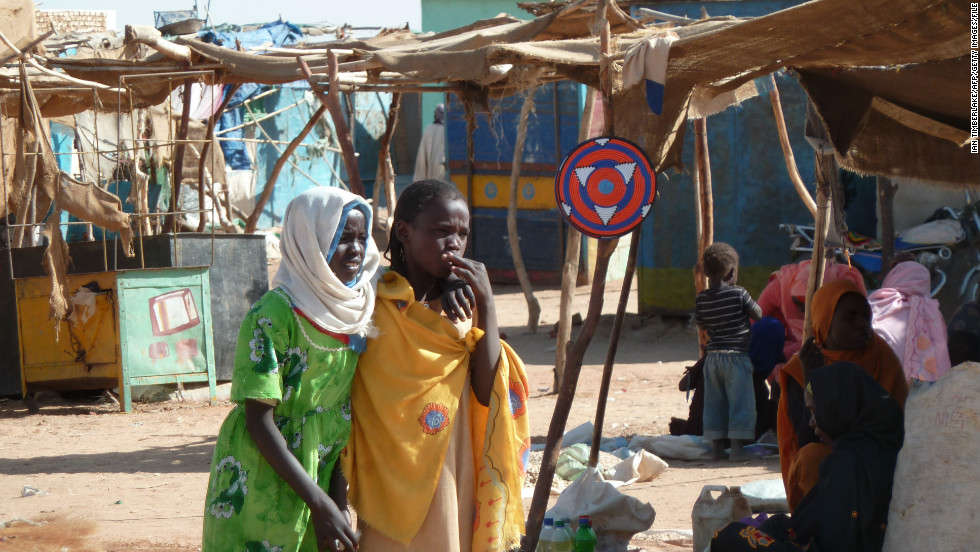
War crimes condemned as study uncovers horrifying evidence of chemical attacks by government forces on civilians, including babies and young children.
The Sudanese government has allegedly been using chemical weapons against civilians, including babies and young children, in the Darfur region. According to a recent report, Amnesty International carried out dozens of interviews and analyzed footage from the Jabel Mara area, documenting victims of aerial and artillery attacks which spread “black smoke”, which poisoned the air, causing severe injury and death by suffocation. The human rights group said the chemical attacks killed up to 250 people, mostly children, and represent a “new low” in the list of serious abuses perpetrated by government forces in the region.
Read the full article at The Guardian.
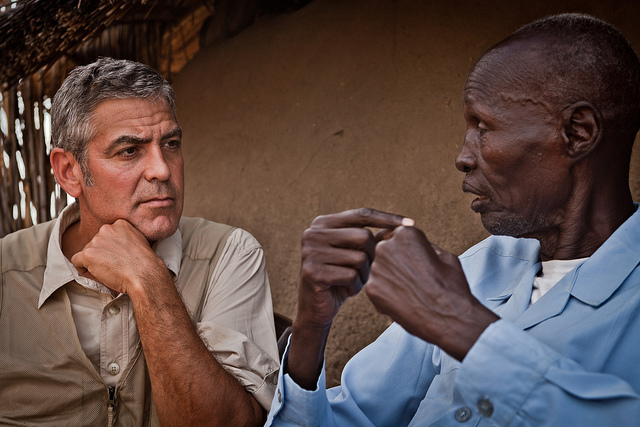
The little-known new nation of South Sudan is attracting the attention of two respected Hollywood actors, which isn’t as incongruous as it might sound to some.
After all, George Clooney and Don Cheadle are known for their social activism, and they are once again spotlighting a sobering cause.South Sudan is, perhaps, the closest the thing to hell on Earth these days. The United Nations High Commissioner for Refugees reported last week that the number of people who have fled the African nation passed the 1 million mark. Another 1.6 million South Sudanese – some 20 percent of the nation’s population – are displaced as a result of the vicious civil war between the Dinka and Nuer ethic groups in the world’s newest country. Almost 200,000 refugees have fled South Sudan since July. Really, they are ghost refugees, exhausted and depleted from days of walking the bush without food or water, scarred by what they have fled. Children who’ve lost one or both parents.
By https://www.realclearpolitics.com/authors/ann_corkery/
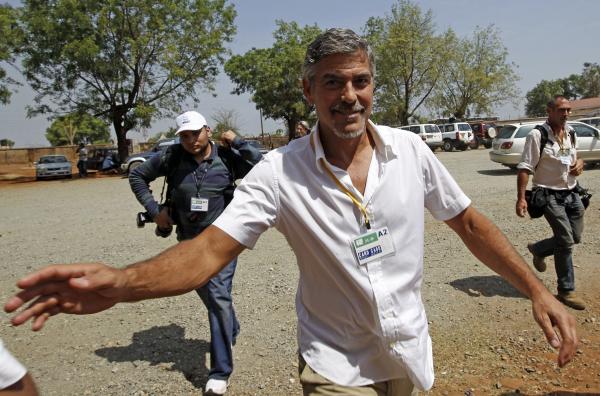

Hollywood actor and global activist unveils undercover investigation of South Sudan’s Top Leaders
Investigators at The Sentry, an initiative co-founded by George Clooney, have delivered a damning report exposing the war profiteering carried out by South Sudan’s top government leaders. During a press conference on Monday, Clooney warned international leaders that the raging civil war will only continue to get worse if action is not taken immediately. The group compiled evidence from Facebook and Instagram to confirm how official’s spent the profits they made from controlling South Sudan’s natural resources. According to Clooney, the two-year investigation revealed South Sudanese officials have amassed wealth from arms deals, oil and gambling, all the while subjecting their own people to unspeakable atrocities.
Pictures posted on Instagram and Facebook show relatives and subordinates of South Sudanese President, Salva Kiir Mayardit, and his opponent, Riek Machar, live outside of their own war-torn nation in lavish mansions or five-star hotels and drive luxury vehicles. Social media postings by President Kiir’s children also show them living large outside of South Sudan, riding jet skis with friends, partying on boats, and clubbing and drinking with friends.
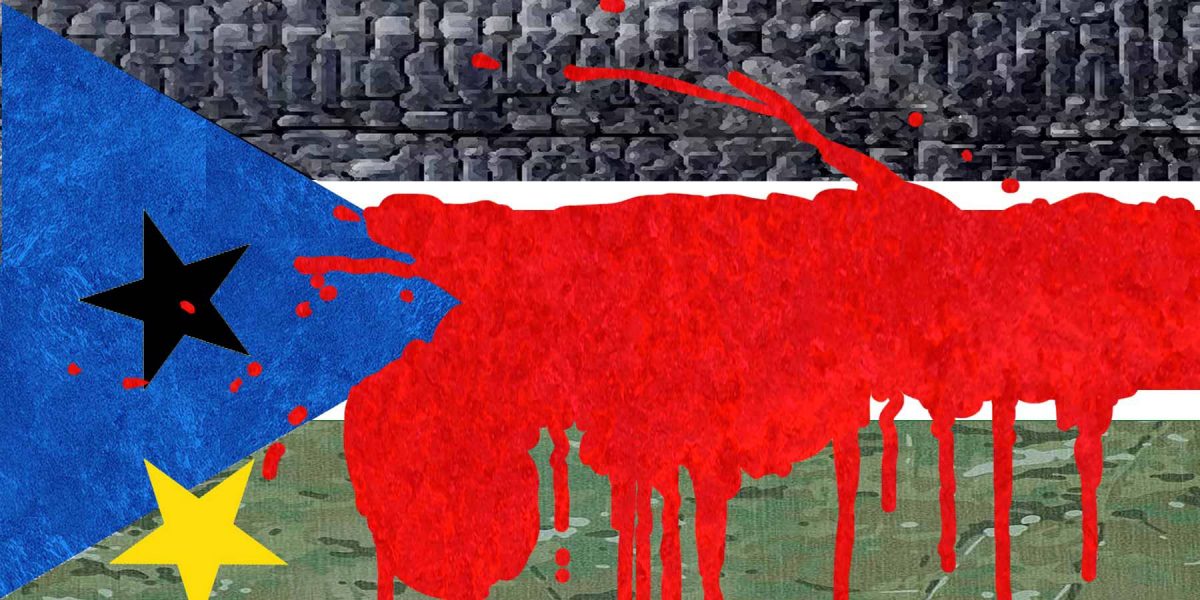
“Since the civil war began in South Sudan in December of 2013, the news from one of the world’s newest countries has been consistently gruesome — targeted ethnic killings, rape, kidnappings and disappearances, arbitrary arrests and detentions, recruitment and use of child soldiers, massive social upheaval, millions of hungry people and an economy on the brink of total collapse.”

For the first time, South Sudan could be the most insecure location in the world. At the moment, relief agencies are scaling back their operations in the country after a gang rape attack on foreign aid workers. While many are fleeing, Sudan Relief Fund is committed to staying and helping those in need of humanitarian aid.
According to the Associated Press, more than 80 South Sudanese soldiers beat, robbed, and gang raped 30 foreign aid workers in a Juba hotel. This shocking new attack could have far-reaching consequences for humanitarian efforts in the country, as many expatriate aid workers are evacuating.
Read the full article here.
Your Donations Make a Difference!
Despite the recent violence, Sudan Relief Fund is choosing to stay and will not be leaving the country. Our passion and desire to help and enhance the well-being of people in South Sudan remains our upmost importance.
More importantly, with the help of our donors, we are successfully helping! Your kind donations have recently provided Sudan Relief Fund the opportunity to provide two life-saving efforts to help the malnourished and deliver medical attention to the ill.
During a time of disaster and despair, more than 26,000 South Sudanese will be given desperately-needed assistance. A total cost of $115,000 has been donated to the people of Juba, who will receive mosquito nets, medicine, and vaccinations for the affected people!
In a separate effort, your generous gifts have also fed nearly 4,000 South Sudanese, after 28 tons of food was successfully delivered on August 13th.
It’s Not Too Late to Help!
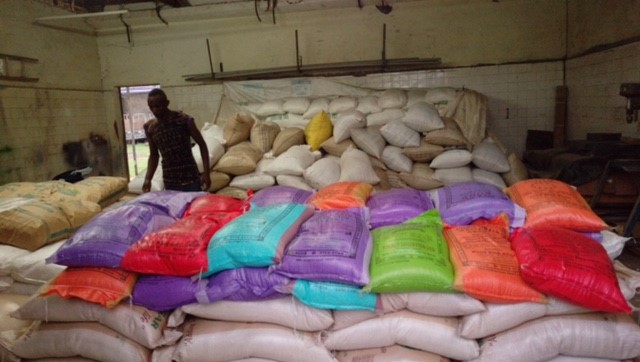 The Sudan Relief Fund thanks you for your generous donations. We need your continued to keep fighting the humanitarian crisis in South Sudan! Please send an emergency donation today to help those suffering from hunger and provide emergency aid, clean water, and shelter to desperate families in need.
The Sudan Relief Fund thanks you for your generous donations. We need your continued to keep fighting the humanitarian crisis in South Sudan! Please send an emergency donation today to help those suffering from hunger and provide emergency aid, clean water, and shelter to desperate families in need.
Join the Cause– Donate Now! Help us bring food, clothing, shelter, medical attention and the Gospel of Christ to the people of South Sudan.
Your kind donations are keeping hope alive and giving ease to those who are suffering.
God bless you for your kind donation and love for Christ’s children in South Sudan.

People and Power investigates the forgotten war taking place on the borders between North and South Sudan.
It’s one of Africa’s most bitter, if often forgotten, conflicts.
In 2011, South Sudan gained independence from Sudan following a 2005 peace deal that ended Africa’s longest-running civil war.
After a referendum, in which an overwhelming majority of South Sudanese voted to secede, Africa’s newest country came into being, the first since Eritrea split from Ethiopia in 1993.

A shipment from Kenya made an emergency food aid delivery to those suffering in South Sudan as the world’s youngest country is teetering on the brink of civil war.
Trucks filled with 28 tons of food made the life-saving delivery early Saturday morning on August 13th to Juba, which was funded by the Sudan Relief Fund. Religious congregations will be organizing the distribution and personally handing out food to an expected 4,000 South Sudanese who come to them for help.
“What a great relief!” said Brother Bernhard Hengl, Development Coordinator of the Sudan Catholic Bishops Conference. “I still cannot believe it, that all worked out well, in spite of insecurity and challenges!”
For security reasons, the trucks were accompanied by police from the Nimule border, and were instructed to pass the bridge and cross the entire town in the dark hours of the night. Just last month, the government issued an order blocking air and land exits, causing thousands of South Sudanese to be stranded in Nimule.
The trucks were unloaded at 4am and left by 7am to go back to Kenya via Uganda.
This emergency food delivery comes just a week before South Sudan leaders reached out to Kenya for economic aid.
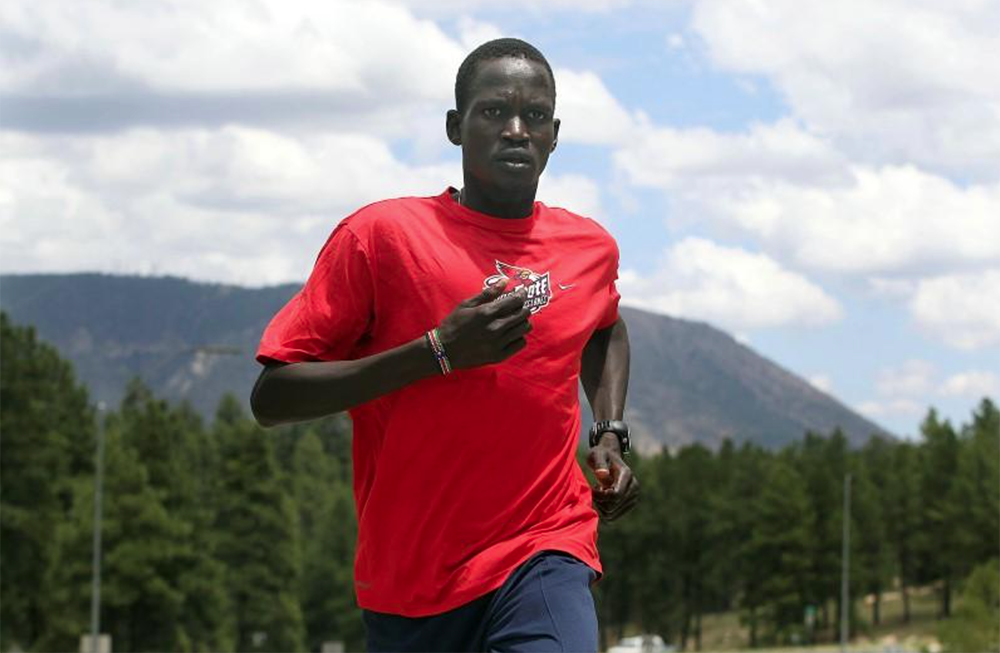
LONDON (Thomson Reuters Foundation) – South Sudanese Olympic athlete Guor Marial may not be a hot medal tip for Sunday’s marathon, but the former slave’s road to Rio is one of the most astonishing stories of the games.
As a teenager Marial was forced to run for his life during Sudan’s long civil war in which he lost 28 members of his family, was kidnapped twice and ended up in servitude.
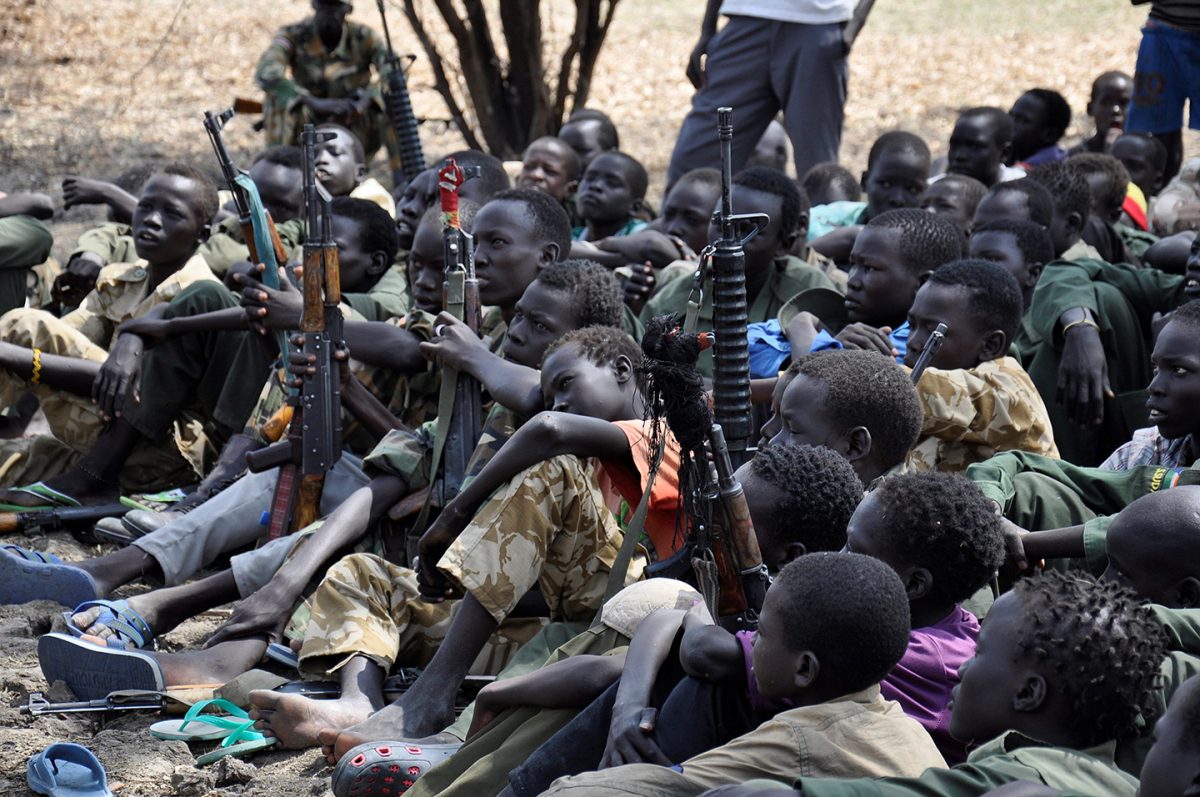
South Sudan’s government has recruited child soldiers, as young as twelve years old, in the past week to prepare for a renewed conflict, according to an internal United Nations document obtained by The Associated Press.
A whole village of boys was pressed into joining the army by a senior politician acting on President Salva Kiir’s instructions, the document suggests. The United Nations’ children’s agency UNICEF said more than 16,000 children have been recruited into armed groups since December 2013 when the civil war first erupted.
Will you help us Lift Up South Sudan in prayer?
Learn More about being a Prayer Partner